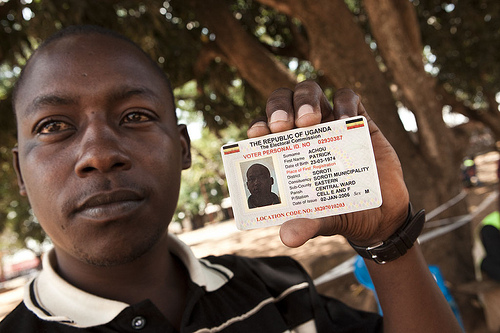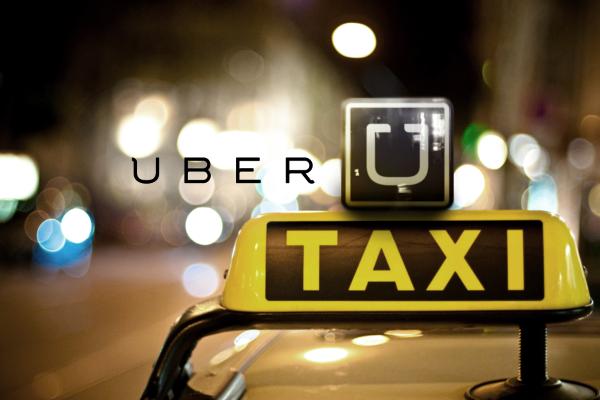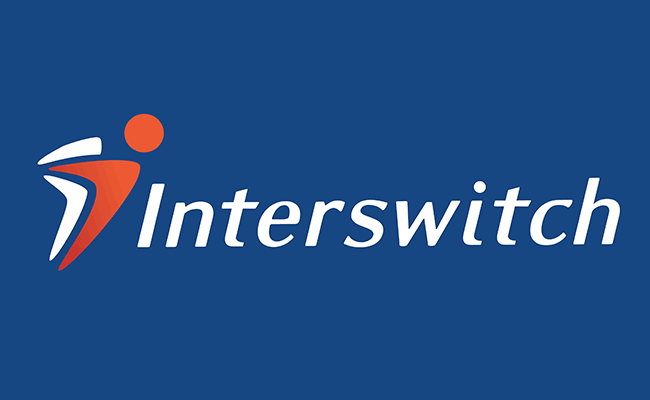
Uganda’s general election of 2016 has attracted much interest in the region, and as a result, the various stakeholders in this poll have come under increased scrutiny. The Government of Uganda is responsible for the elections, with the Uganda Electoral Commission tasked with conducting the poll.
One particularly interesting thing to look out for is how the election is being monitored by citizens and civil society within Uganda in order to assure transparency and credibility of results.
One initiative using tech to keep the election transparent is VisiblePolls, a database of candidates running for various elective positions. Founded by Alan Kawamara, VisiblePolls is a brainchild of Corporate Art East Africa, set up with the aim of sharing information on who is running in the elections.
Use https://t.co/fpQQK8CWpr to share your preferred candidate's vision via Whatsapp in 3 simple steps #UgandaDecides pic.twitter.com/uhK0ajHRVf
— Visible Polls (@visiblepolls) February 5, 2016
Visitors to the site can view the information, which VisiblePolls has collected and collated using verified Electoral Commission data. After creating a database with the data, they reached out to individual candidates through their political parties, asking them to share their biography, vision and contacts on the site.
The Electoral Commission also got on the tech bandwagon, allowing citizens to go online and check whether they are registered to vote.
Check for your Votability today by sending your Voter /National ID (NIN) no. To 8228 or visit our website today https://t.co/RF8Ls4cIzy
— The Electoral Commission – Uganda (@UgandaEC) February 17, 2016
Volunteers are also using tech to fact-check the Electoral Commission’s statistics. A number of discrepancies were discovered and shared on social media by individuals such as Teddy Ruge and Evelyn Namara. They have highlighted the fact that the figure for the total number of voters registered initially offered by the Electoral Commission differed from the total obtained from adding the number of male and female voters.
.@UgandaEc – Total No. of females = 8,027,803, Total No. of males = 7,249,394 Total sum shows, 15,297,197 instead of 15,277,197 2/3
— Evelyn Namara (@enamara) February 7, 2016
#UgandaDecides: Breaking down the eligible voter count https://t.co/iuyb7TxtDh pic.twitter.com/kir20Lxdqf
— 🇺🇬 TMS Ruge 🇺🇦 (@tmsruge) February 12, 2016
The Electoral Commission was quick to dismiss the discrepancies.
1/3 Claims by some individuals that ghost voters were deleted from register after giving copies to presidential candidates is false.
— The Electoral Commission – Uganda (@UgandaEC) February 16, 2016
2/3 The figure of 15,297,197 was total number of registered voters prior to display/cleaning up of the National Voters Register
— The Electoral Commission – Uganda (@UgandaEC) February 16, 2016
3/3 After clean up, total number of registered voters came to 15,277,198. The statistical error was corrected and did not amount to 'ghosts'
— The Electoral Commission – Uganda (@UgandaEC) February 16, 2016
Social media has taken a central role in Uganda’s general election, with voters using Twitter and Facebook to report incidences and outcomes at polling stations. In some instances, such as the analysis of reported figures for voters registered, gained the interest of traditional media and the candidates themselves.
On 8th feb, some vigilant Ugandans noticed the total number of voters on the voters register was inflated by 20,000- Besigye #UgandaDecides
— NTV UGANDA (@ntvuganda) February 16, 2016
What is likely to happen going forward from the election is that the people will keep their leaders accountable though online activism. The leaders will in turn will pay attention to citizens’ sentiments and concerns expressed online.
What is clear with this election is that social media will play the vital role of keeping track of how the election will be conducted once polls open tomorrow.




















